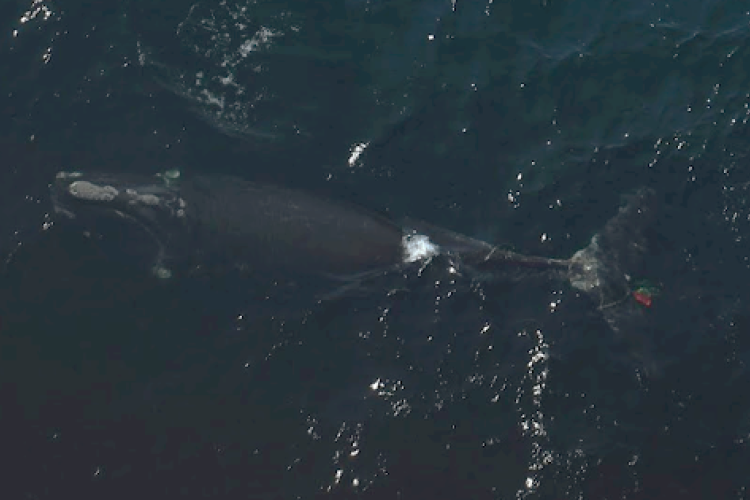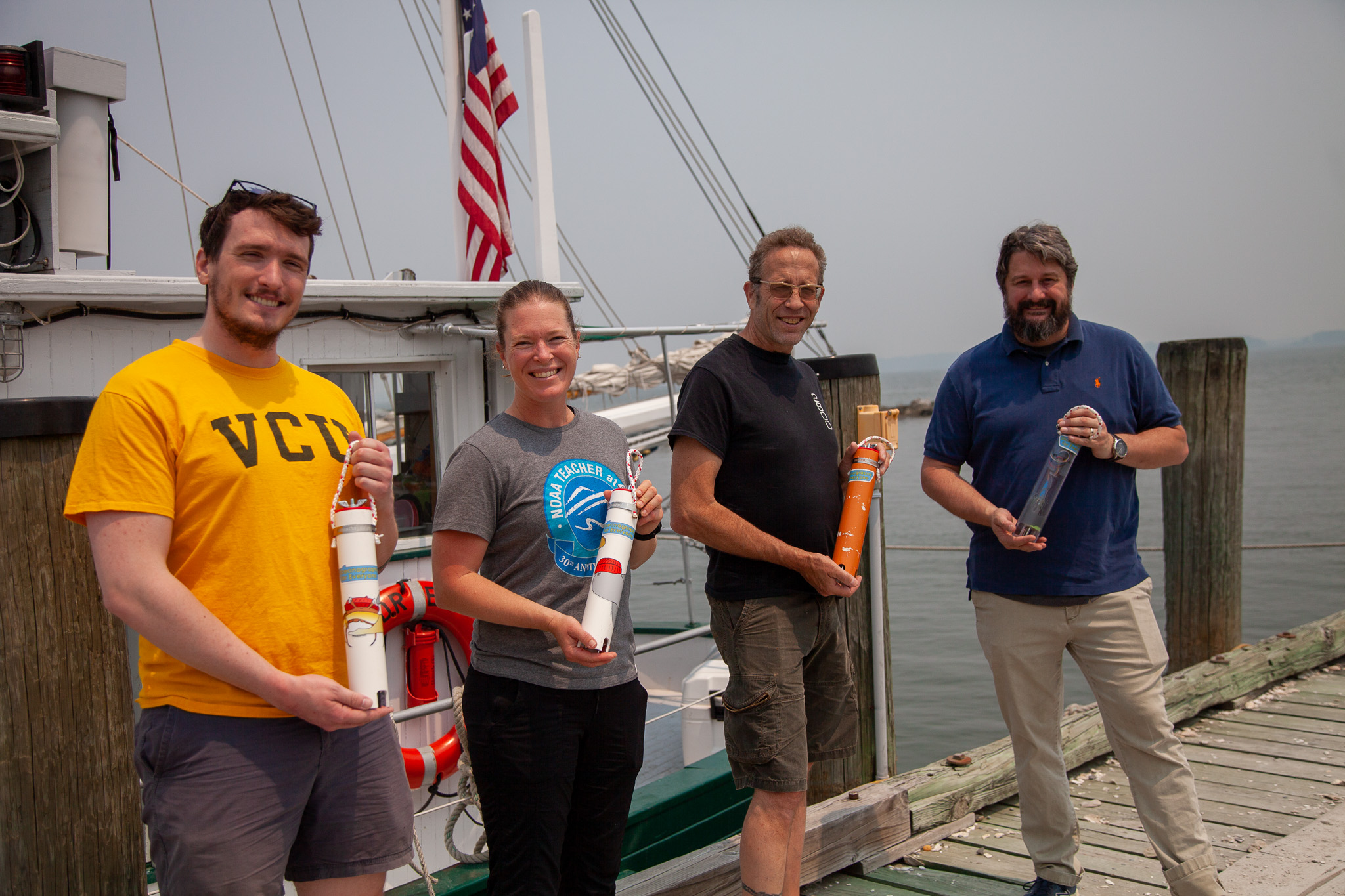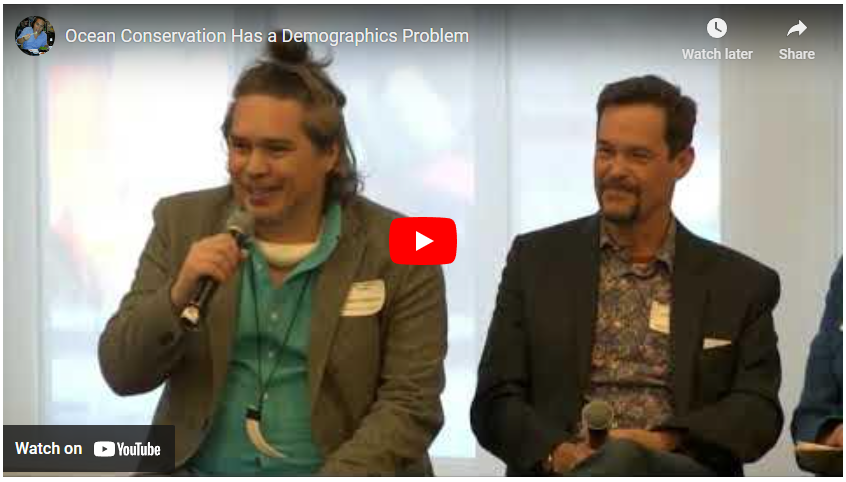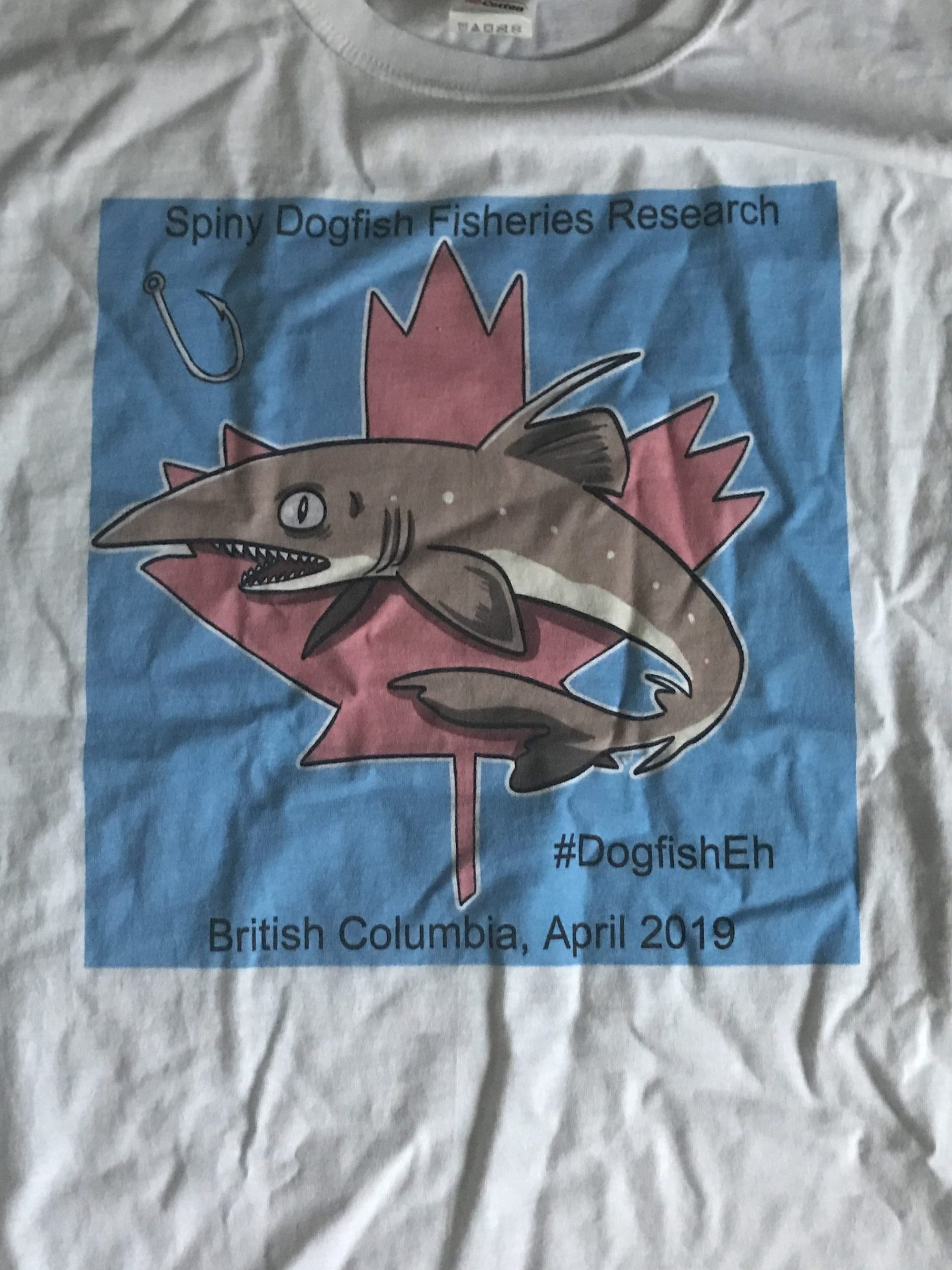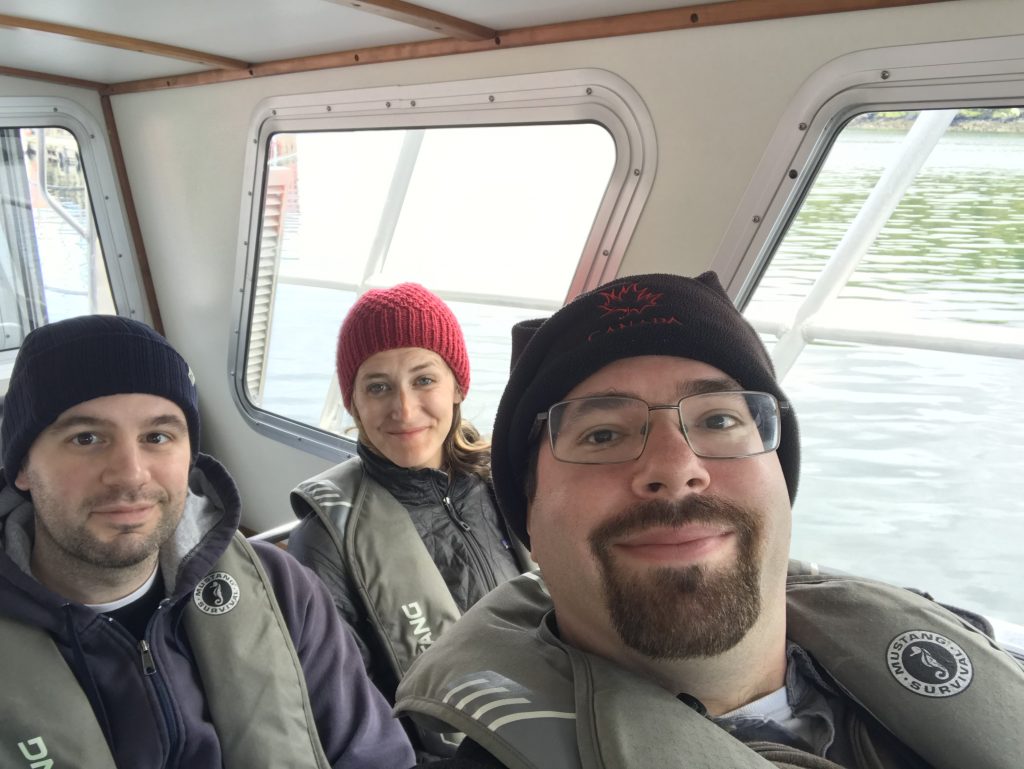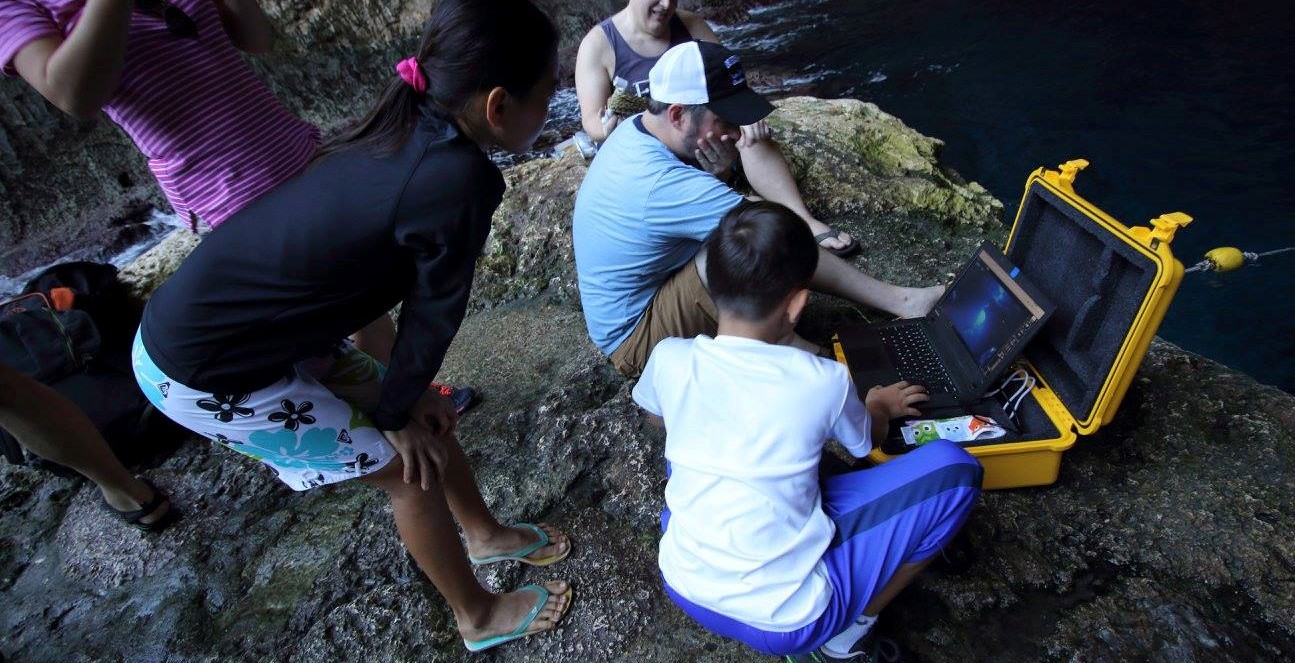In 2011, the world’s first fishery for sharks was certified as sustainable by the Marine Stewardship Council*. The British Columbia spiny dogfish fishery made major news in fisheries management and ocean conservation world, where the possible existence of sustainable shark fisheries has been debated intensely. A few years later, the fishery voluntarily withdrew their certification, and never publicly said why.
I wanted to know what happened with this scientific mystery. So, with the help of Chuck Bangley and Catherine Macdonald and funding support from the Liber Ero Postdoctoral Fellowship program, I organized a research expedition to find out. The results of our expedition can be found in our new paper (LINK,) (OPEN ACCESS AUTHOR COPY) but in this blog post, I’d like to explain what we did, what we found, and why we think it’s important.
Read More “New paper: What happened to the world’s first certified sustainable shark fishery?” »

